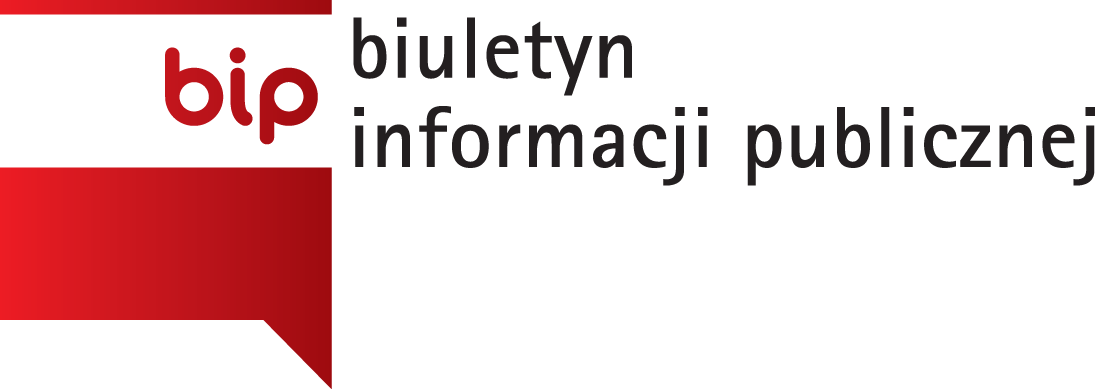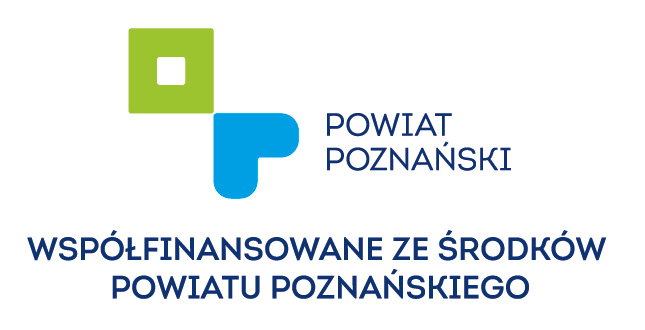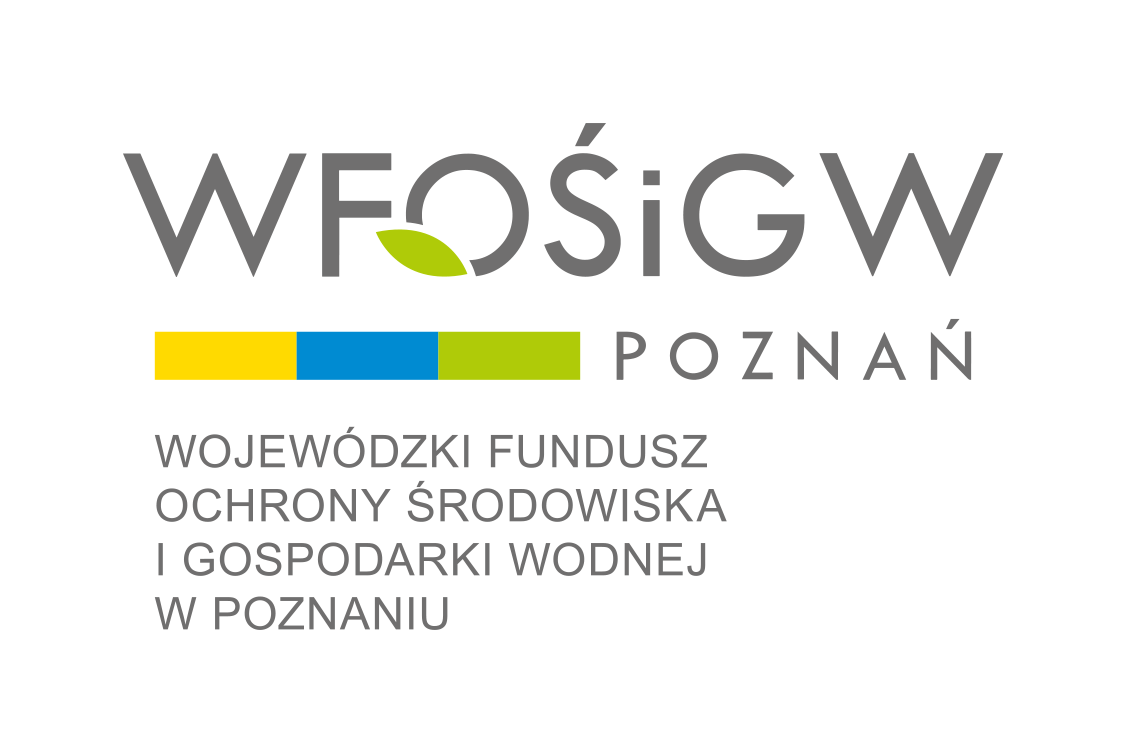87: 149-162
Joanna Kijowska-Oberc, Mikołaj Krzysztof Wawrzynia, Aleksandra Maria Staszak, Ewelina Ratajczak
Exogenous seed treatment with proline and its consequences to Norway spruce (Picea abies (L.) H. Karst) seedling establishment
Dendrobiology 2022, vol. 87: 149-162
https://doi.org/10.12657/denbio.087.011
Abstract:
Accumulation of proline is a defense mechanism against external stress conditions, preventing damage to the structure and function of cells and improving plant development processes, such as germination. The purpose of this study was to investigate proline treatment as a means of improving the germination and development of Norway spruce seedlings. The effect of exogenous proline has been studied in three stages of initial plant development. The collected seeds were soaked in water or 8 mM proline solution and placed on the germinators. The germination capacity and the mean germination time were determined. Seedlings with radicles >10 mm were transferred to the sand-peat substrate at a constant temperature of 20 °C. Seedlings at 3 subsequent developmental stages (S1 – germinated seeds with radicles > 3 mm; S2 – seedlings with radicles >10 mm; S3 – established seedlings grown for 90 days) were examined for the oxygen consumption rate, total antioxidant capacity, hydrogen peroxide level, malondialdehyde level and intracellular proline content. Proline treatment was conducive to lowering the levels of hydrogen peroxide and malondialdehyde at stage S1. At the subsequent stages of development, the levels of hydrogen peroxide and malondialdehyde increased, and at the S3 stage, there was also a marked increase in total antioxidant capacity. At stage S3, the seedlings of the proline treatment were characterized by a lower total mass, and the response to exogenous proline was stronger in the root tissues than in the leaves. The oxygen consumption rate was higher for the proline treatment at all stages of development. Seedlings at the analyzed stages of establishment differed in response to proline treatment. Exogenous proline had some beneficial effects during the first phase of germination by reducing the level of hydrogen peroxide and improving the condition of lipid membranes. In the subsequent stages of seedling development, in response to the same concentration of proline solution, undesirable effects, such as an increase in hydrogen peroxide levels and damage to cytoplasmic membranes, were observed. Optimal concentrations of exogenous proline should be determined prior to commercial use of proline treatment to improve plant stress tolerance.
Keywords: proline, seed treatment, Norway spruce, seedlings development, tree seeds, oxidative stress











